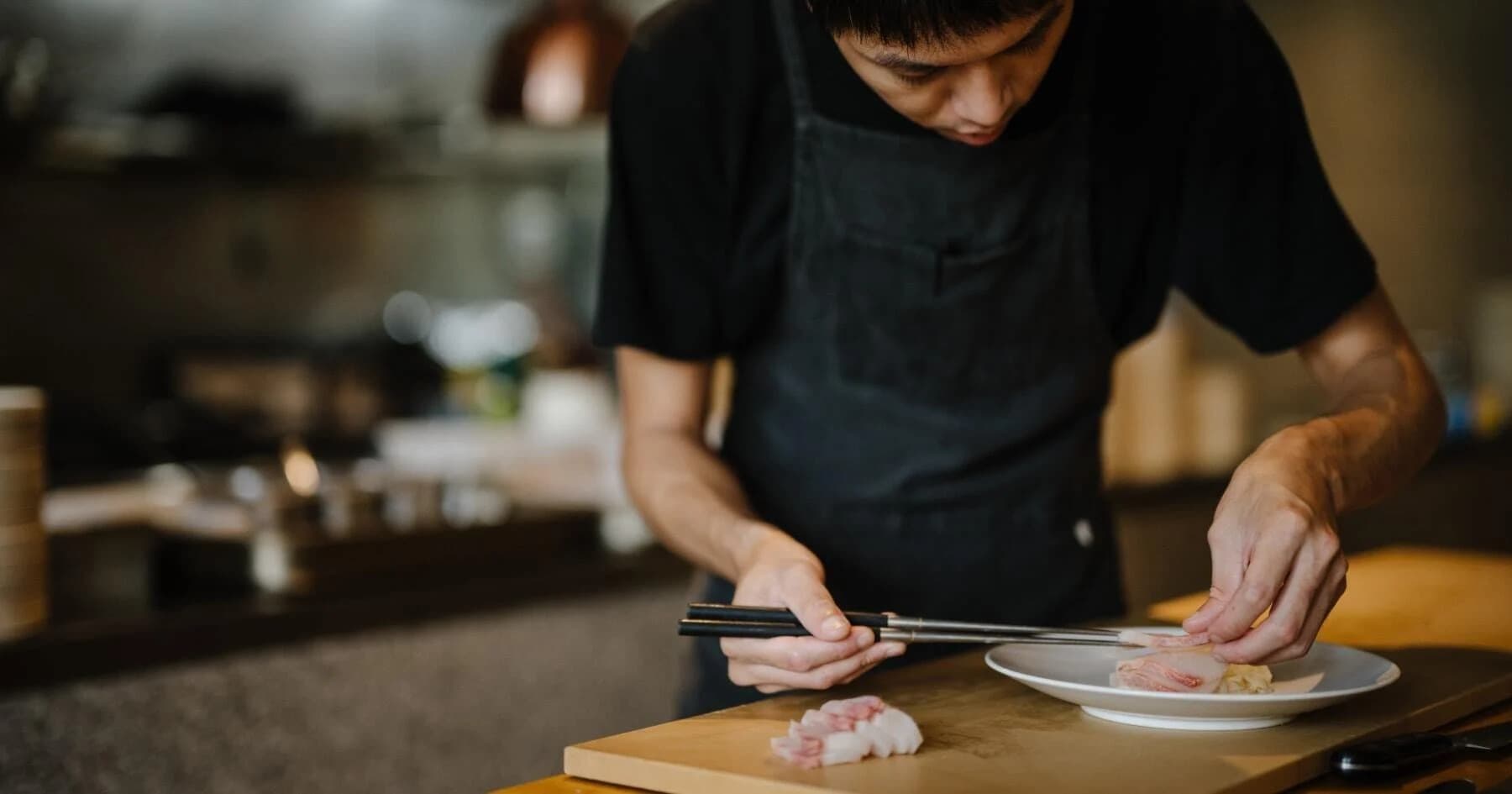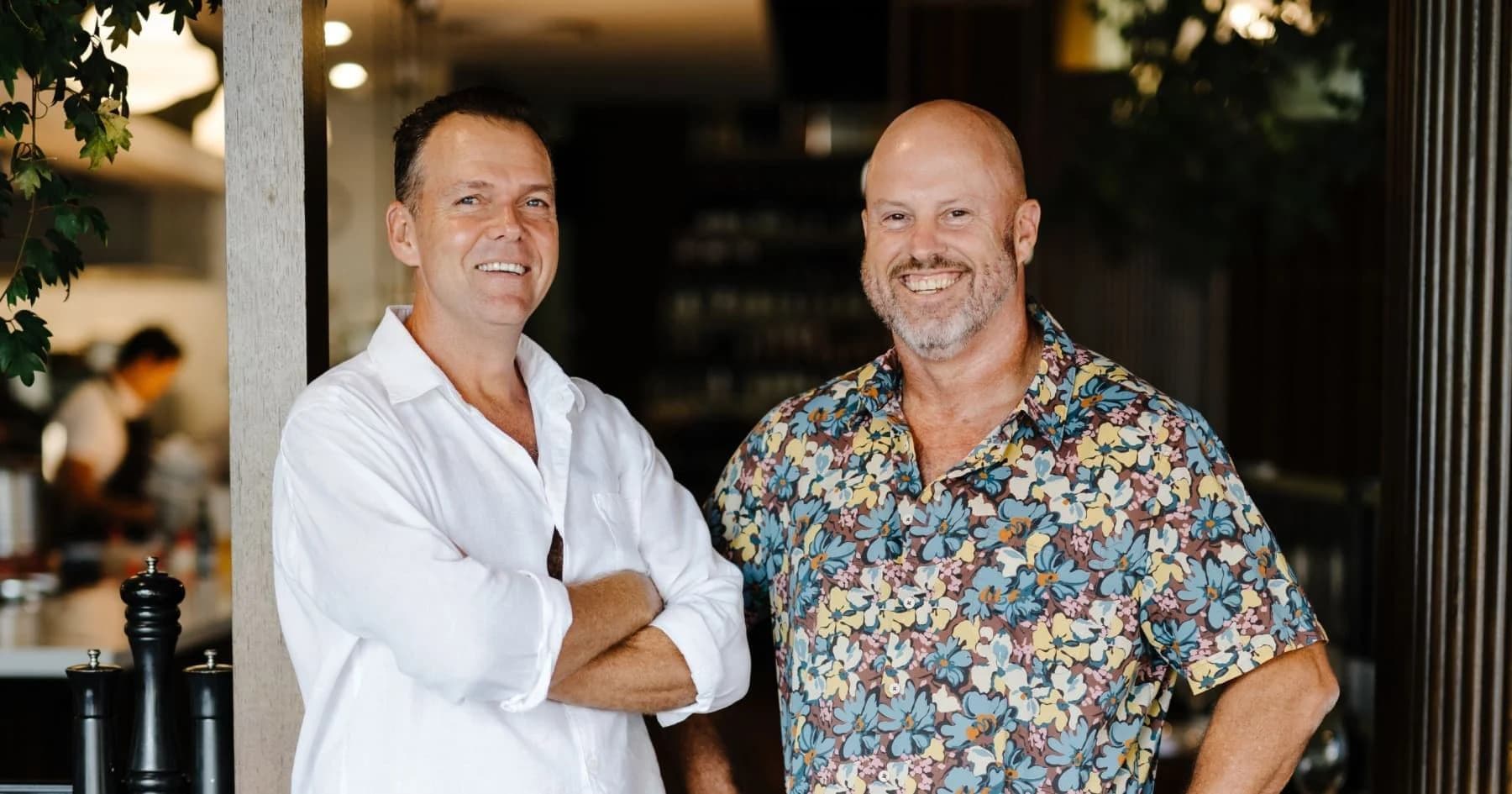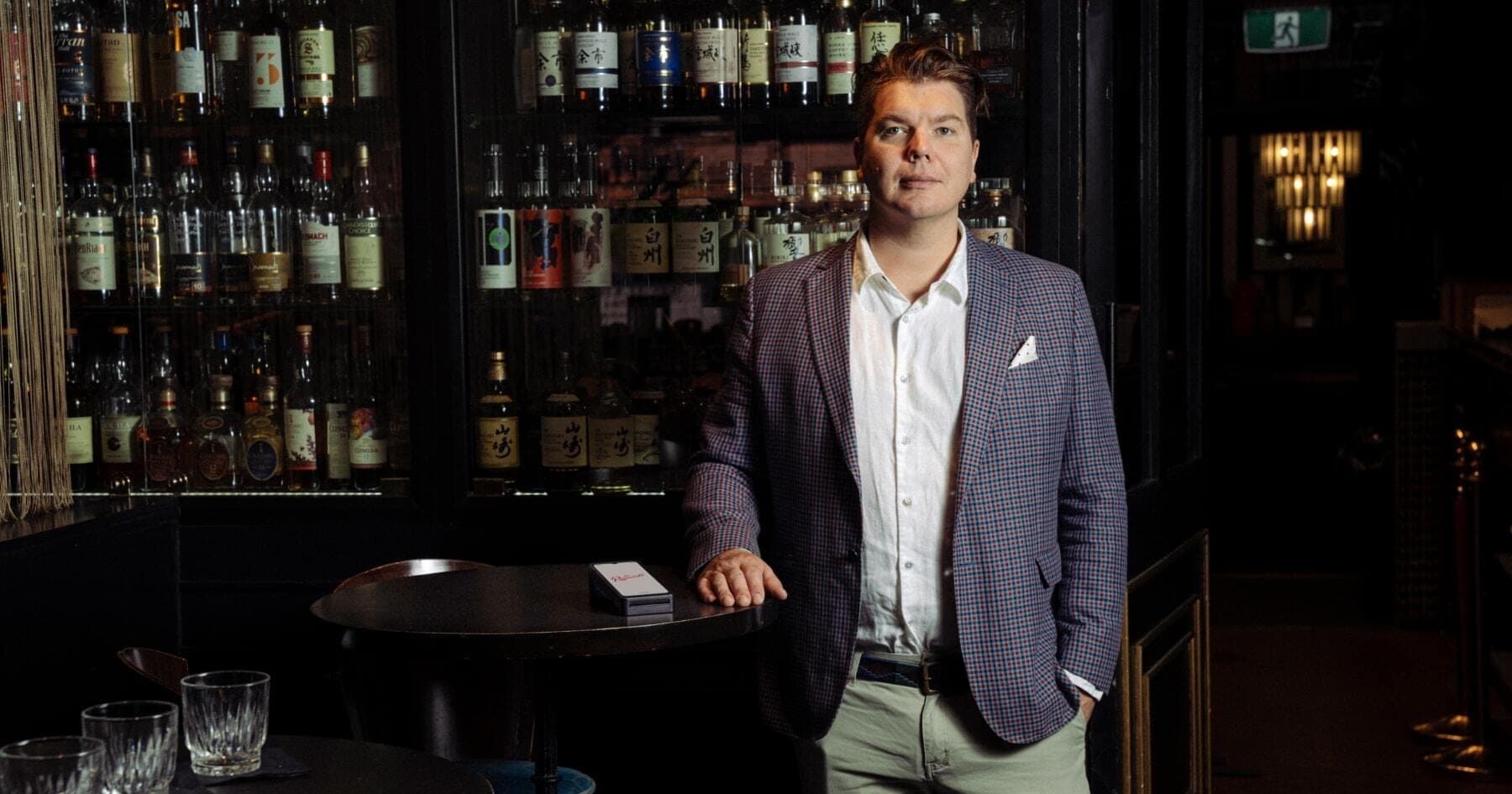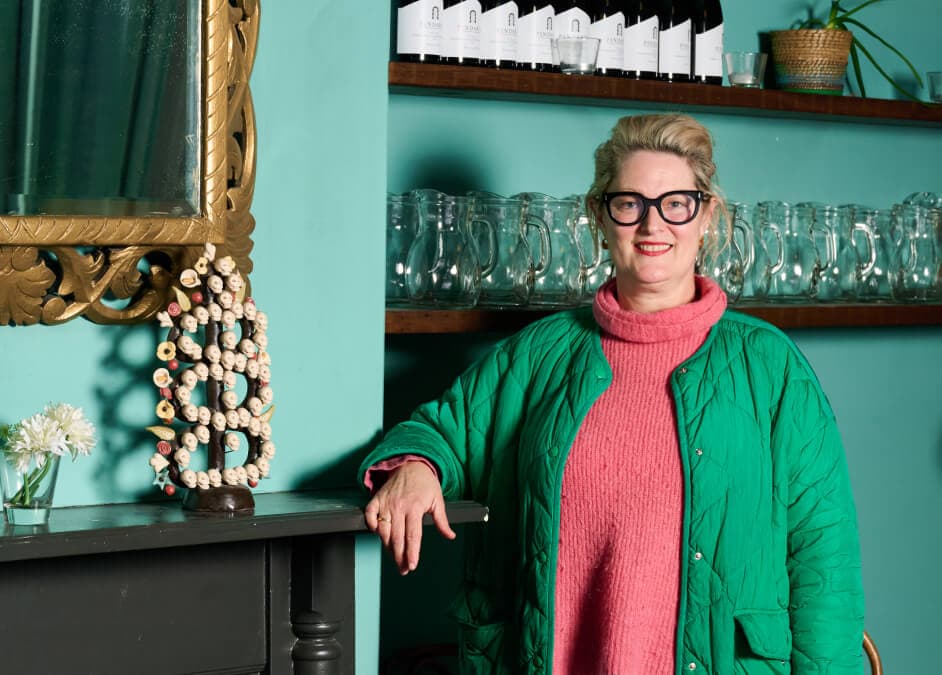
- Case Studies
Dialling In on Authentic Hospitality With Radio Mexico
Hailing from Brisbane, via Barcelona, Adele Arkell burst onto the café scene in 2001 and has been shaping our tastes ever since. The founder and owner of St Kilda’s popular Radio Mexico was a trailblazer in Melbourne’s burgeoning breakfast circuit before turning her hand to chilaquiles and tacos. We sat down with the hospitality veteran to talk about BLATs, barbacoas, and the secret sauce to a successful restaurant.
When Adele Arkell started running cafés, the menus were big and English. “Everything was all about big breakfasts and eggs Benedict.” she explains. “As a self-taught chef, I had my own ideas about what I liked to eat, so I didn't really follow the convention of what was already available.” Armed with a fierce conviction, she and a group of friends from her home city of Brisbane made the bold move to open a coffee shop directly next to a well-established competitor “It was massive, it was a really big deal. It’d been there for about 5 years and was killing it. And we opened up right next to them because we wanted to do something different.” At the time, Melbourne’s coffee culture was still burgeoning; lattes were served with skim milk and you’d be hard-pressed to find one topped with ‘art’. So when Adele’s team started pouring full-cream and soy milk coffees adorned with hearts and rosettas, it didn’t take long for the word to get out.
Champions of breakfast.
It was in these early years that Adele’s signature style for ‘everyday eating’ began to take form. “We wanted to make food that you could eat every day… Something simple, something that was easy to eat, really yummy, but something you wouldn't really make at home.” Perhaps the archetype of Adele’s everyday cuisine came in the form of the beloved BLT remixed with avocado. “It's really ubiquitous now, but we actually introduced the expression BLAT”, a dish that now graces café menus all over the world. This fact of making an otherwise simple breakfast a little bit fancy was what Adele and her team became known for, setting a tone for the way that café culture would develop over the next few years, and inadvertently joining the founding members of Melbourne’s world-renowned breakfast scene.
Off the back of their success on Acland Street, the group went on to open more than a dozen cafés over the next fifteen years, breathing new life into old, dilapidated spaces before moving onto something else. “We'd do the café, we'd build the clientele, then we'd renovate it and then we’d sell,” explains Adele, “we worked very hard. It was very bootstrap.” Through this process, however, there came a point when she realised she was ready to focus her attention on something else. By accident or by design, while on a trip to New York, she discovered Mexican cuisine. “I wanted to keep doing casual dining, with high quality, accessible, healthy food that you could eat every day… and Mexican fit that to a tee.”
The birth of ‘Mel-Mex’.
Adele spent three years researching Mexican food. A fluent Spanish speaker, – having spent several years living and working in Barcelona – Adele was able to delve deep into the cuisine, rather than relying on the Tex Mex influences that dominated the English-speaking search results. “I’m not Mexican, I don’t have a Mexican grandmother who can tell me all the secrets, I had to work it out on my own. I had to meet people and search YouTube videos. I had to read cookbooks in Spanish, because I wanted to get to this thing that was really unique and different.”
She opened the doors to Radio Mexico in St Kilda in 2012 with a menu that boasted myriad flavours from all over the country: barbacoa tacos from Guadalajara, classic Yucatan cochinita pibil pulled pork, and tacos al pastor, a popular dish from the capital. While Adele has always strived to do justice to the original dishes, she understands her market, and has always kept her customers front of mind. “We try to hit authenticity from a different angle. Our food is not ‘authentic’ per se, you'd never find this in Mexico, but there are so many influences that only come from there.” What she wound up with, is what she deems today as “Mel-Mex”, a distinct hybrid that takes Mexican flavours, and combines them with Melbourne’s unique dining culture.
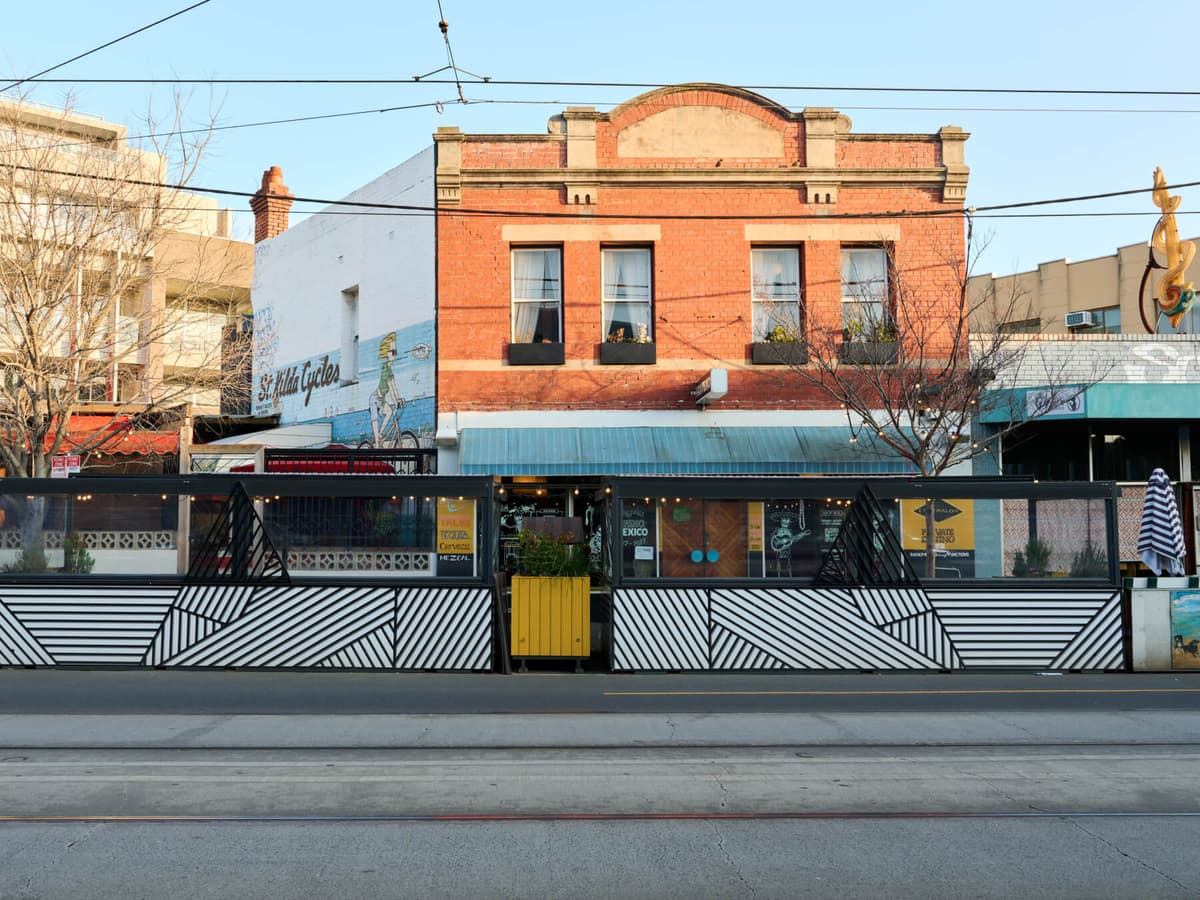
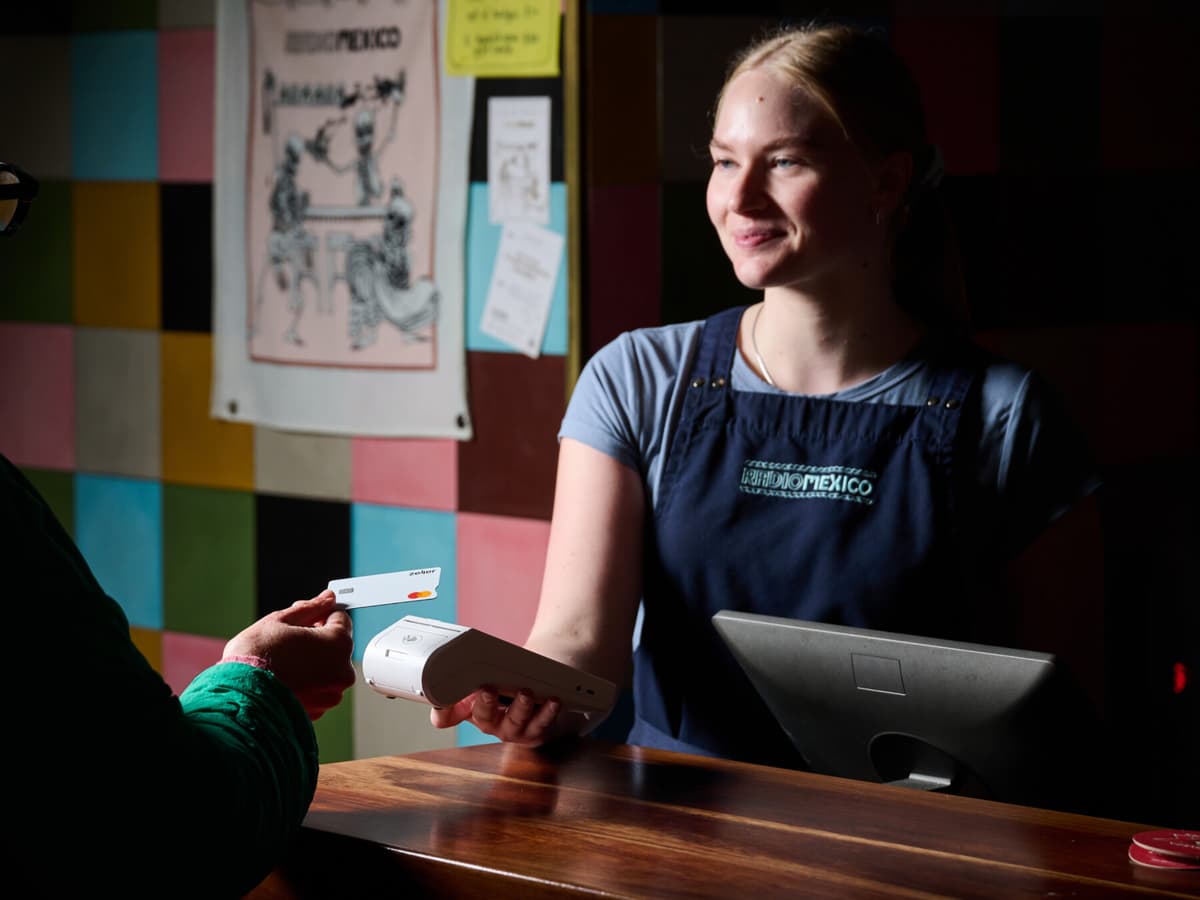
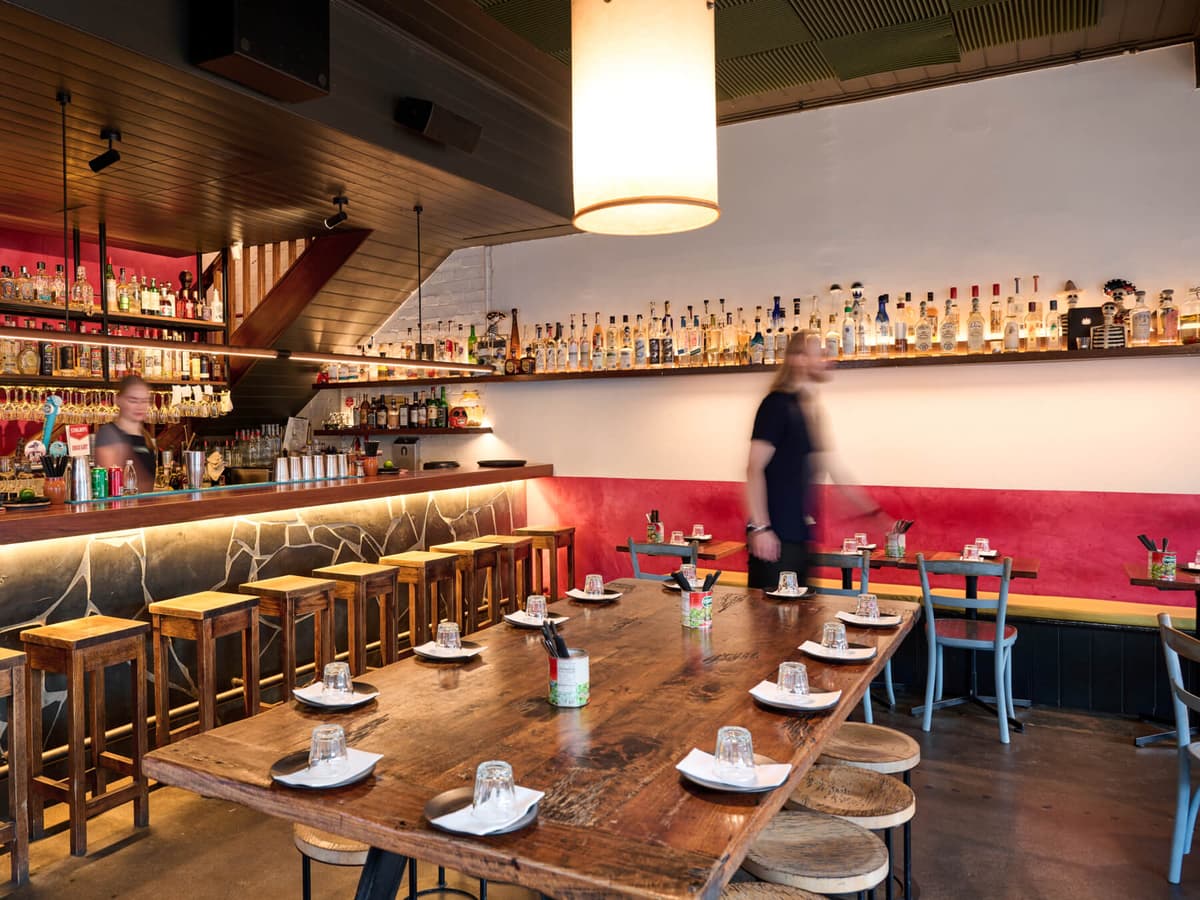
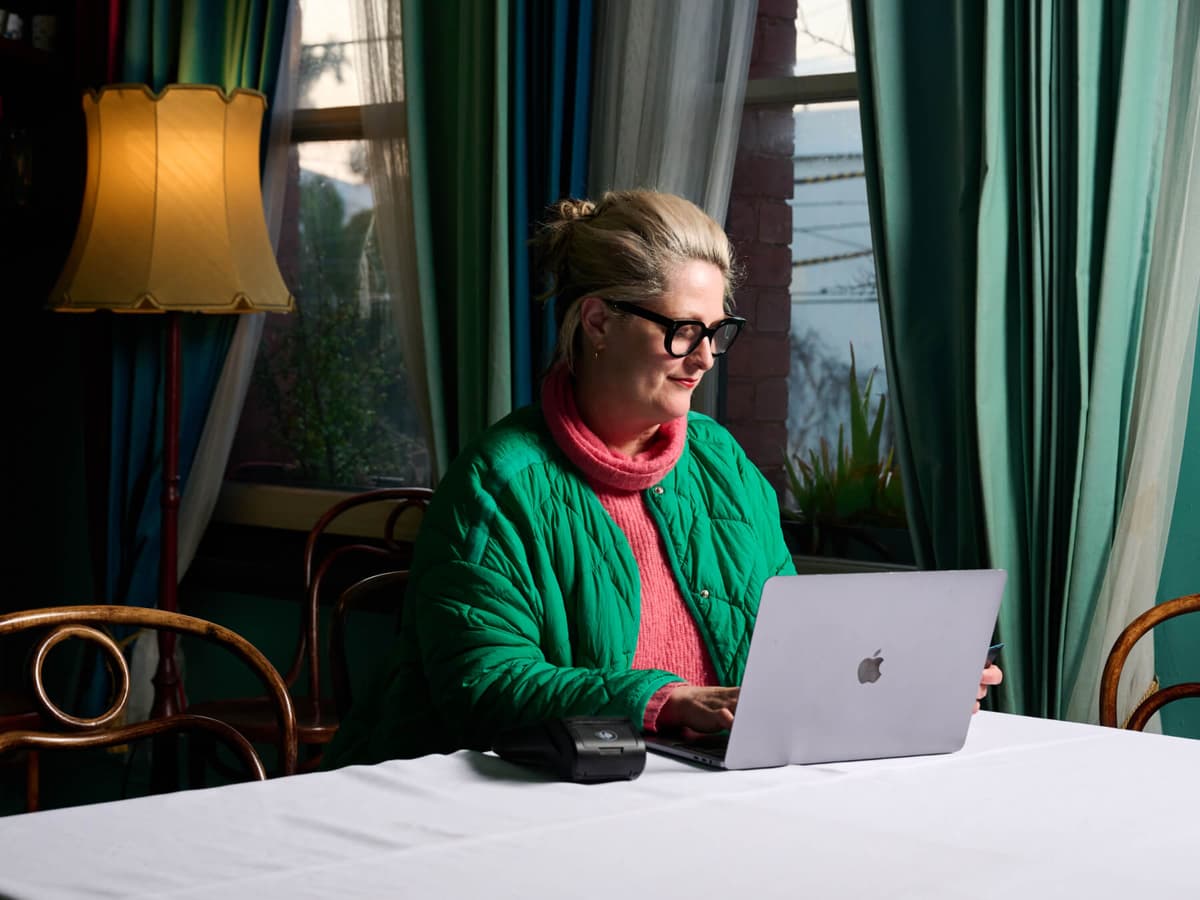
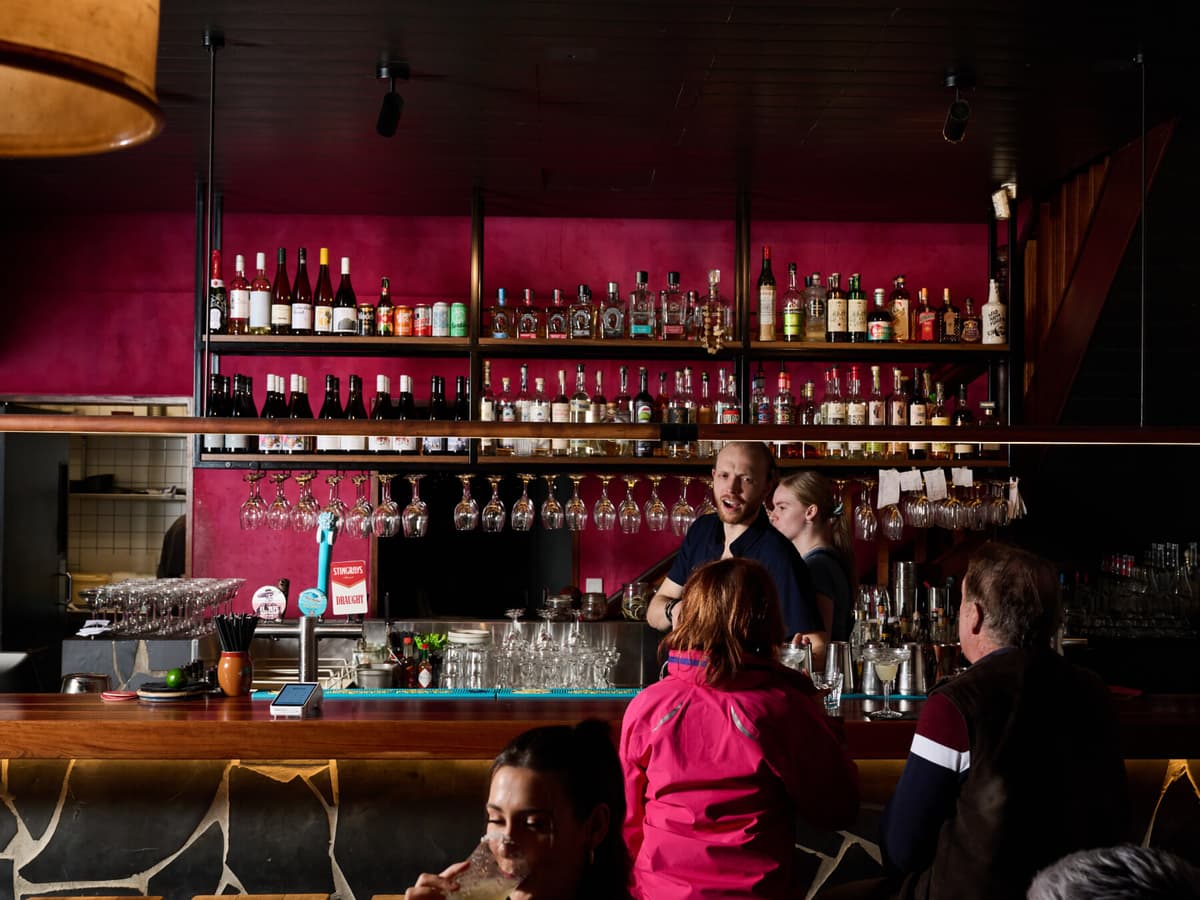
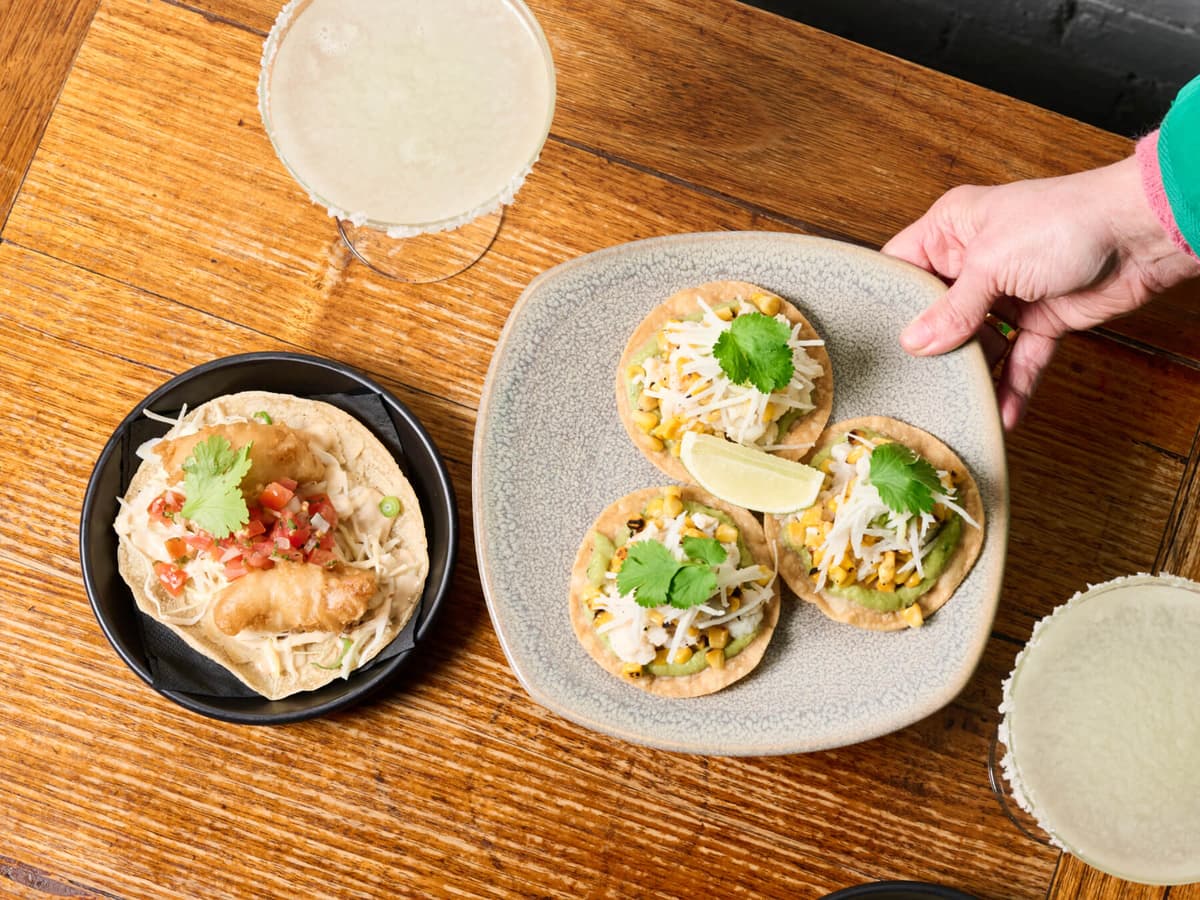
A restaurant is what your customers make it.
Located a stone’s throw from St Kilda’s iconic Palais Theatre and Luna Park, and surrounded by the neighbourhood’s newly developed residential highrises, Radio Mexico’s clientele is unique. “We get a lot of people going to shows, but we also have a lot of regulars with the high-density population. So, we cater for people who just want a beer and a taco, but we also cater for people who want to sit for a few hours.” Responding to the needs of her clientele didn’t happen by chance. In each venue Adele has run, she has worked to uncover its individual character, something that can’t always be forced, but that develops in response to the people, the location, the space, and with time.
When asked what she believes is the making of a successful venue, she repeats the idea of sustainability, “It takes so much effort to build these restaurants, you want the idea to be something that can really take root in people’s sensibility in the area, particularly your locals.” Find a product that is approachable, accessible, and high quality, and stick with it, she advises. “It's sticking to something that will actually make it really refined… Sometimes you’ve gotta go through the pain, but I really think the best long term sustainable choice is to just stick with it, because no one can run it like you.” When asked if she’s ever considered selling Radio Mexico, she admits that she has, but that not selling it was the best decision she’s ever made, “I'm here forever. I've decided. I'm committed for life. I'm married to Radio Mexico.” she laughs.
The true meaning of hospitality.
A sustainable business that continues to service the community into the future doesn't just come from good products, it requires good management. “You want to employ staff that you can keep for a long time, you can’t work them into the ground. Everyone's gotta be part of the organism.” Adele says. Over her career she has worked tirelessly to develop her own style of operating, and in each venue she’s run, has made sure that everybody is on the same page. “Twenty years ago I’d get these young male chefs coming in and calling me ‘chef’. I’d say "Let's drop it and just focus on the food instead of the hierarchy.””
Not having come up through the traditional chef training, Adele has lent more on her instincts than her technical skills, and she believes it’s what more women in hospitality should be doing. “Women have a feel for the true sense of hospitality.” she says. “Hospitality is often approached as an accounting proposition, but people forget what the word ‘hospitality’ means… it’s all about collaboration and interaction and face to face.” Something she believes women do inherently well. “I would just say to any woman in business, do it in a woman’s way. Do it in your own way.”

Zeller integrated EFTPOS at Radio Mexico.
To give good service, you need to receive it.
As an active member of the service industry, Adele knows how to recognise good service, and she doesn’t stand for anything less than the best. “Service is a big deal for me. That’s why I love using local startup companies because often I'm in contact with the people who are very close to the development of the business… so I can relate better.” Her question to any service providers, be them suppliers or tech companies, is always “If I have a problem, will somebody pick up the phone?”
Since transitioning to Zeller in early 2022, someone has always been at the other end of the line. “Zeller’s service is very good,” she says. “What's really important is that the Terminals work, they don't fail, they're fast, they connect. And also I love being able to easily search transactions in a hurry… we could never do that through the bank terminal.” For a fast-paced business like Radio Mexico, being able to visualise their cash flow has also been a huge advantage, especially when it comes to recognising dips or spikes in revenue “I use the Zeller Dashboard a lot. It’s a great back-of-house tool and it’s very easy to use… It’s a great way of getting that information that you most likely wouldn’t have searched for, but because it’s there, you might notice something that you’ll want to follow up on.”

If Adele Arkell were to write a book about opening a restaurant, the chapters might read something like ‘carving out a point of difference’, ‘defining your own style’, and ‘sticking with it’. However she knows more than anyone that to be truly successful in hospitality you have to work hard, and you have to love what you do. As she says, “hospitality is to care for someone, to give service, to be of service, and to listen”. Indeed, taking a seat at Radio Mexico is to feel truly looked after, and it’s this feeling that might just be the secret sauce that keeps people coming back year after year.

